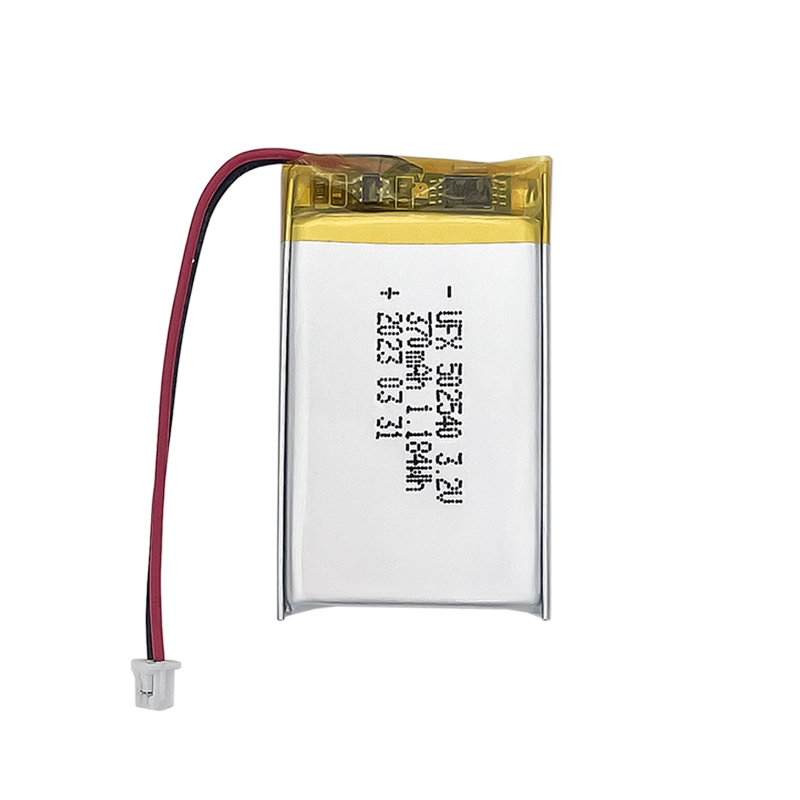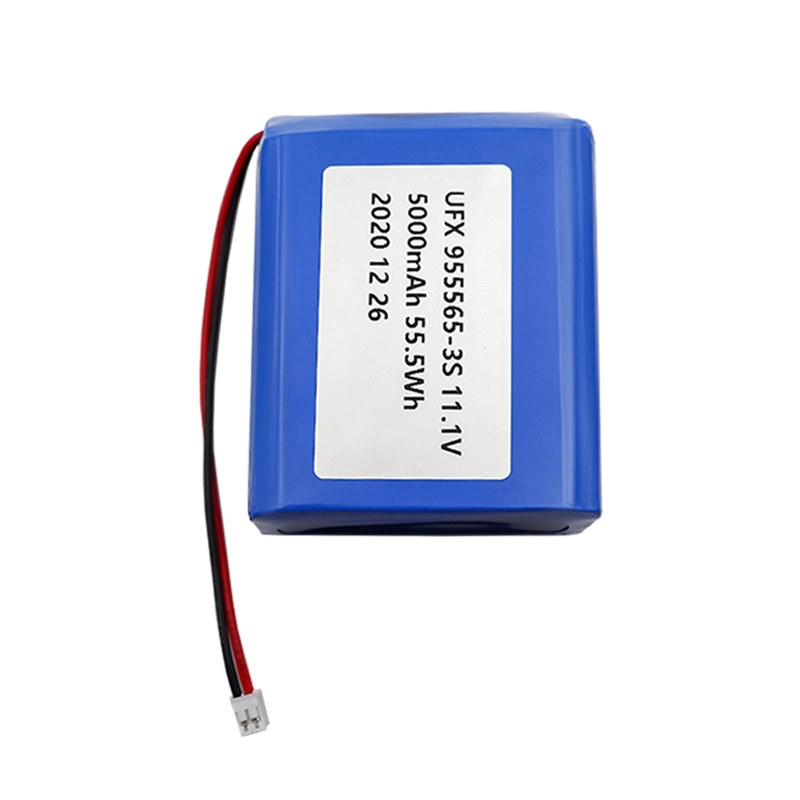
Understanding And Maintaining Your Glucose Meter Battery
Blood glucose meters play a crucial role in monitoring and managing diabetes. The battery powering your glucose meter is essential for accurate and reliable readings.
Importance of Battery in Blood Glucose Meters
The battery in a blood glucose meter is responsible for providing the necessary power to operate the device. A low battery can potentially affect the accuracy of test results. It is crucial to ensure a fully charged battery to obtain reliable readings for effective diabetes management.
Understanding Blood Glucose Meters
A blood glucose meter is a portable medical device used to measure the concentration of glucose in the blood. It allows individuals with diabetes to monitor their blood sugar levels regularly. These devices typically consist of a lancet to draw blood, test strips, and a meter that displays the glucose readings.
Blood Glucose Meter Battery Types
Blood glucose meters commonly use disposable batteries, such as coin cell batteries (e.g., CR2032), due to their compact size and long-lasting performance. Some advanced models may have rechargeable batteries, such as lithium-ion or lithium-polymer, which can be recharged using a charging cable or dock.
Proper Charging of the Blood Glucose Meter
To charge a blood glucose meter with a rechargeable battery, follow the manufacturer’s instructions. Typically, you will need to connect the meter to a power source using the provided charging cable or dock. Ensure that the device is powered off during the charging process, and avoid overcharging to prolong battery life.
Blood Glucose Meter Battery Maintenance
To optimize the performance and lifespan of your blood glucose meter battery, consider the following maintenance tips:
- Keep the battery contacts clean and free from dirt or corrosion.
- Store the meter in a cool and dry place, avoiding extreme temperatures.
- Replace disposable batteries promptly when they are low or depleted.
- For rechargeable batteries, follow recommended charging cycles and avoid deep discharge.
High Energy Density
It stores large amounts of energy in a smaller and lighter package
Longer Cycle Life
Withstands extensive charge and discharge cycles
Low Self-Discharge
Maintains power longer when not in use
Safety
Minimizes the risk of accidents and ensures safe operation
More Information About Glucose Meter Battery
-
What type of battery is in a glucometer?
-
How long do glucometer batteries last?
-
When should I replace my glucometer battery?
-
Is there a rechargeable glucose meter?
Latest Blogs
About Lithium Battery Industry News

Paper Battery vs. Flexible Battery: What’s the Difference and Which Is Better?
Paper vs. flexible batteries: learn the key differences, benefits, and which power source fits best for wearables, sensors, and smart tech.
2025/04/11 Ufine

What to Know Before Buying a Tiny LiPo Battery for Your Project
Tiny LiPo batteries are powerful and compact. Learn how to choose the right one for your project with specs, safety, and charging tips.
2025/04/11 Ufine

Bloated LiPo Battery: Will It Explode?
Will a bloated LiPo battery explode? Discover the causes, risks, safety steps, and expert tips to avoid disaster and protect your gear. Must-read safety guide!
2025/04/10 Ufine

12V 100Ah Lithium Ion Battery Price: Full Guide
Learn about 12V 100Ah lithium-ion battery price, from cost ranges to best brands, hidden fees, and how to get the best deal. A must-read for smart buyers!
2025/04/10 Ufine

Resistance and Conductivity: What It Means for Your Lithium Batteries
Resistance and conductivity impact lithium battery performance, lifespan, and safety—learn how they work and why they matter.
2025/04/10 Ufine

What Is a Semi Solid State Battery and Why Should You Care?
Semi-solid-state batteries combine safety and high energy density, making them ideal for EVs, electronics, and future energy storage.
2025/04/10 Ufine





